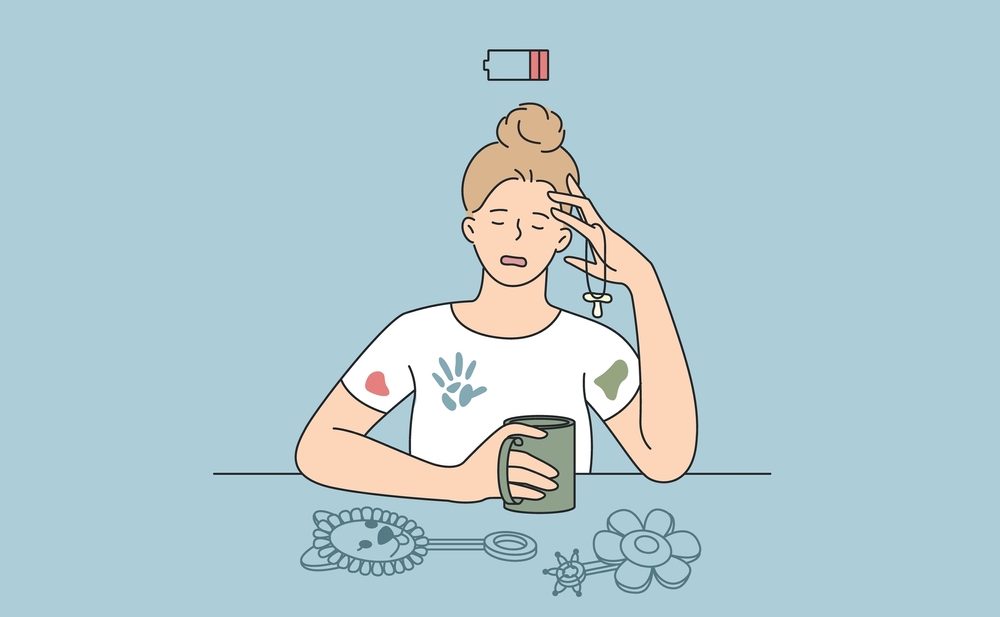- November 6, 2024
- by Harshita Bajaj
- Anxiety, Mental Health
Table of Contents
Energy drinks are a convenient, on the go, quick fix that can perk up energy levels and is, nowadays, considered a staple in the busy modern life, however, while it keeps you going through the day or night, it can have many adverse effects on our physical and mental health.
Energy drinks can have a significant impact on mental health with the excessive amount of caffeine and sugar content in them. They have a short-term effect on energy and heightened alertness. On the other hand, they have a long-term effect on mental health leading to mood fluctuations, ADHD, stress, anxiety and depression. They also have a negative effect on physical health leading to stomach pain, heart issues, insomnia, fatigue and constipation.
Research from Fuse (2024), the centre for Translational Research for Public Health emphasizes on how the energy drinks are being sold at a cheaper price than a water bottle to the young people which has a detrimental effect on their mental health. The findings give a clear idea about the long-term effect of energy drinks on physical and mental health of children and young people resulting in a disturbance of their behaviour and education.
Energy drinks and Anxiety
The component of caffeine in energy drinks acts as a stimulant that leads to heart palpitations and increased blood pressure.
According to Erika Chiappini, a child and adolescent psychologist, energy drinks have a direct correlation with the quality of sleep. Adolescents and young adults who are addicted to energy drinks have difficulty falling asleep and experience poorer quality sleep. The inadequate amount of sleep leads to emotional dysregulation, mood symptoms, difficulty with attention and anxiety. These health concerns impact academic performance, social and personal relationships.
The Centre for Disease Controls and Preventions (CDC) identified side effects of energy drinks:
- Heart Issues (irregular heartbeats, heart palpitations)
- Anxiety (feeling nervous)
- Insomnia (unable to sleep)
- Dehydration (not enough water in the body)
Adolescents who rely on caffeine to function throughout the day, should be encouraged to practice a healthy sleep routine, limiting electronic exposure (phones, laptops) an hour before bed. For people prone to anxiety or panic attacks, caffeine induced energy drinks can elevate nervousness and restlessness. Excessive caffeine intake can exhibit symptoms like heightened alertness and heart palpitations, even in individuals without diagnosed anxiety disorders.
Energy Drinks and Depression
Excessive consumption can negatively impact mental health leading to depressive symptoms. The high sugar content can lead to mood fluctuations, irritability and fatigue which triggers symptoms of depression. Caffeine is a major component of energy drinks and its excessive use can lead to irritability and emotional instability exhibiting depressive symptoms. Further, sleep deprivation is directly correlated to depression. Thus, energy drinks can disrupt sleep cycles and sleep deprivation act as a hindrance in brain’s ability to manage emotions and deal with stress. Lack of sleep can lead to hopelessness, sadness and helplessness which are the symptoms of depression.
Caffeine and sugar can impact the balance of important neurotransmitters like serotonin and dopamine, which are responsible for regulating mood. Thus, any sort of imbalance has a detrimental effect on the mood because these neurotransmitters are responsible for positive feelings like sense of well being and emotional stability.
People might also develop dependency on energy drinks to cope with stress, fatigue and feelings of depression. Over time, this dependency may prevent them from recognizing the root causes of their distress and worsen the feelings of helplessness and dependency on external substance. According to various studies, frequent consumption of energy drinks is linked with other substance dependency, such as alcohol and drugs. It can also impair cognitive function having difficulty in concentration, poor memory and impaired decision making.
Energy drinks that don’t cause anxiety and depression
Energy drinks with low or no caffeine might contain natural herbs or other vitamins which help elevate the mood and energy without causing the overstimulation that leads to anxiety or depression. Drinks that use natural ingredients like green tea extract or fruit-basedsweeteners, can act like a stable energy source without any side effects.
Identifying energy drinks that are lower in caffeine with no artificial sugars, and enhanced with natural ingredients can lower the risk of anxiety and depression. One way to understand the level of dependency is by monitoring body’s reaction and checking on the dependency on any stimulant. For sustainable energy, adequate sleep, balanced diet and exercise should be prioritized.
Thus, energy drinks can have a significant impact on mental health depending on the frequency of consumption. While they may provide short-term energy elevation and heightened alertness, but their long-term consumption can lead to various mental health concerns.
It is very important to manage the impact of energy drinks by moderating the amount, following certain other energy sources, prioritizing proper sleep cycle, practising stress management techniques like meditation, exercise and mindfulness. If the consumption of the energy drinks is leading to anxiety, depression and other health concerns, then it is important to seek professional help for overall well-being. Healthier alternatives and addressing the root causes of fatigue or stress are some of the important factors to reduce the adverse impact of energy drinks on the physical and mental health. It is important to follow and regularly practice healthier techniques for enhanced mental health and wellbeing.
North America Behavioral Health Services is here to guide you in finding the best fit for your mental health needs. Take the first step towards a better life- contact us today!
Ready to Recharge?
















